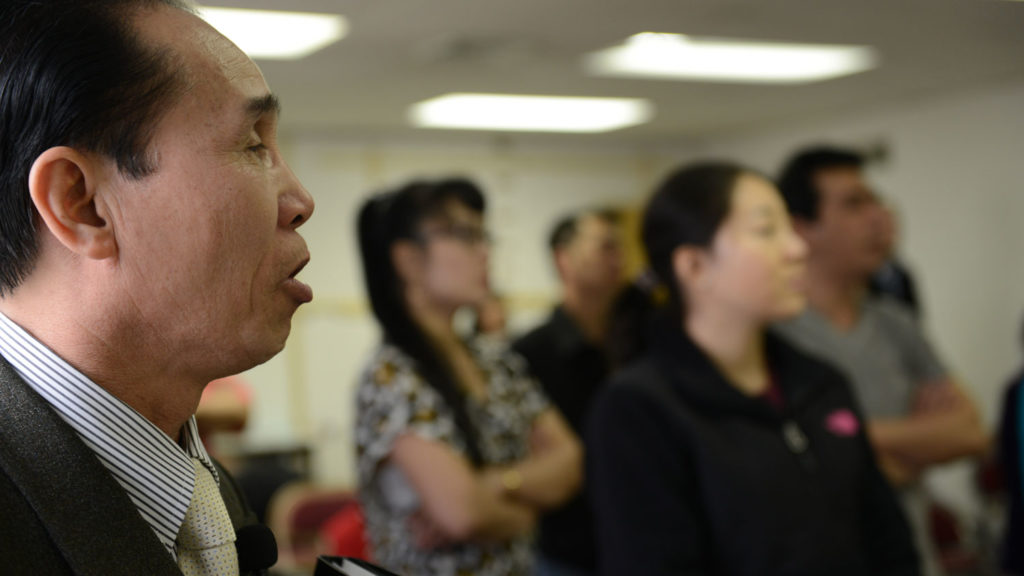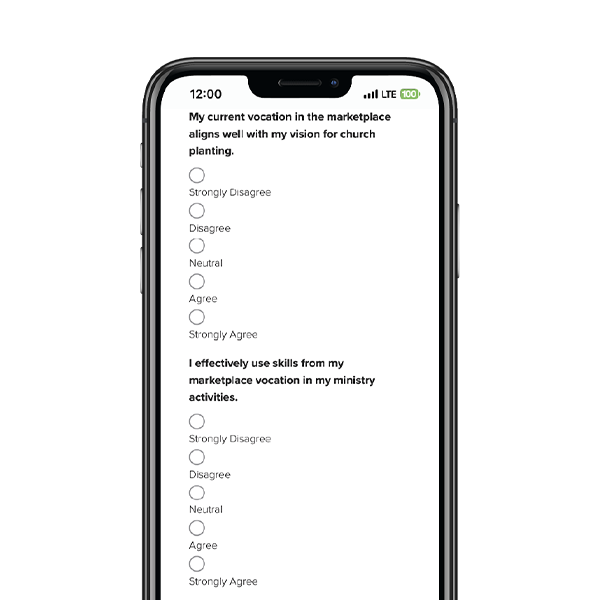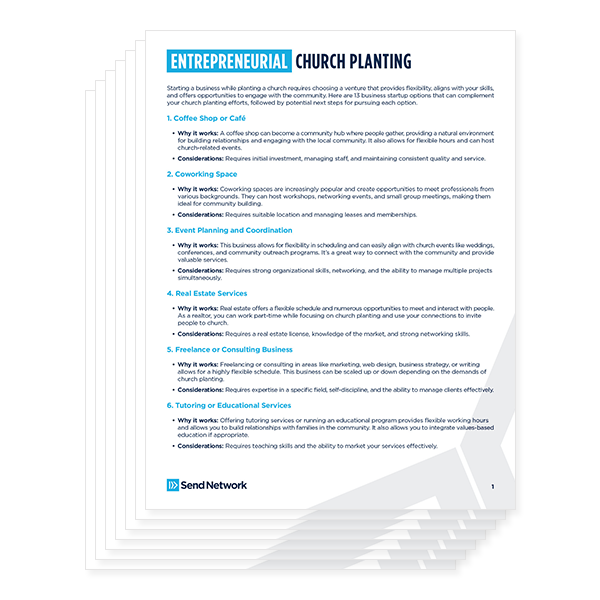I am a huge fan of great mission team experiences. Over the past 13 years of ministry, I have seen mission teams from multiple vantage points. I have been a participant, a planner and a pastor of a church plant served by mission teams. Over the last decade, I have realized great mission experiences happen intentionally, not accidentally. Since starting two-and-a-half years ago our church has hosted over 500 people serving in our community. In our post-mission-trip evaluations sent out, 98 percent have a good experience. The high level of positive experiences are a result of three critical guidelines our executive pastor Jason Hodges and his team uses in planning for mission teams.
1. As the recipient of potential mission teams, we have a choice whether or not we say yes to a team.
While this sounds simple, I have found pastors don’t realize they can say no. When we first imagined mission teams we didn’t even know “no” was an option. However, as a leadership team, we were given permission early in our training to say no to teams that would not be a good fit. This is important because a poor mission team experience affects both the external church that is serving and the local church they are serving. There is too much at stake to just say yes to a team that has an opening in their schedule. Our ability to say no to teams that don’t fit has enabled us to have a greater impact from those we say yes too.
2. We believe we are responsible to provide clarity to those teams we say yes to.
The clarity we have around the purpose of a mission team will determine the potential of the mission team. This means if we don’t have a purpose for a team, we don’t say yes to a team no matter how attractive it may be. We have found by providing clarity and calendar dates ahead of time, we have not had a shortage of high-impact teams. Practically, that means we begin preparing for mission teams in the fall for the following year in order to have clarity and calendar details to communicate to our potential teams.
3. Pick teams connected around a common mission.
We have discovered through our experiences that teams from existing church partners are more effective and have better overall experiences. These teams step into our community already bought into our vision and values. They are coming from churches who already have an invested interest in our church through prayers, people and partnership dollars. Initially, we were afraid to only say yes to those who had already had an invested interest in our community. We started out in ministry seeing mission trips treated like first dates. I had watched churches use mission trips as a first date to explore or foster a potential partnerships and they often played out like first dates. I have become convinced mission trips make for bad first dates but make for great “marriages.” The reason why is because any team serving in your local community is an extension of you in the eyes of your community. Those in your community who have never attended your church will form opinions about your church from their interactions with people on mission teams. A team that is not bought into your mission can be a threat to your mission. That much weight and responsibility should be entrusted to a team from a church with an existing relationship, not a team exploring a relationship.
Initially, these guidelines will create more homework for you in the short term, but I can tell you from experience, it leads to greater impact in the long term. At the end of the day, choosing teams wisely mutilpies our efforts both here and there and that is why it is worth choosing teams wisely!
Published April 17, 2017




